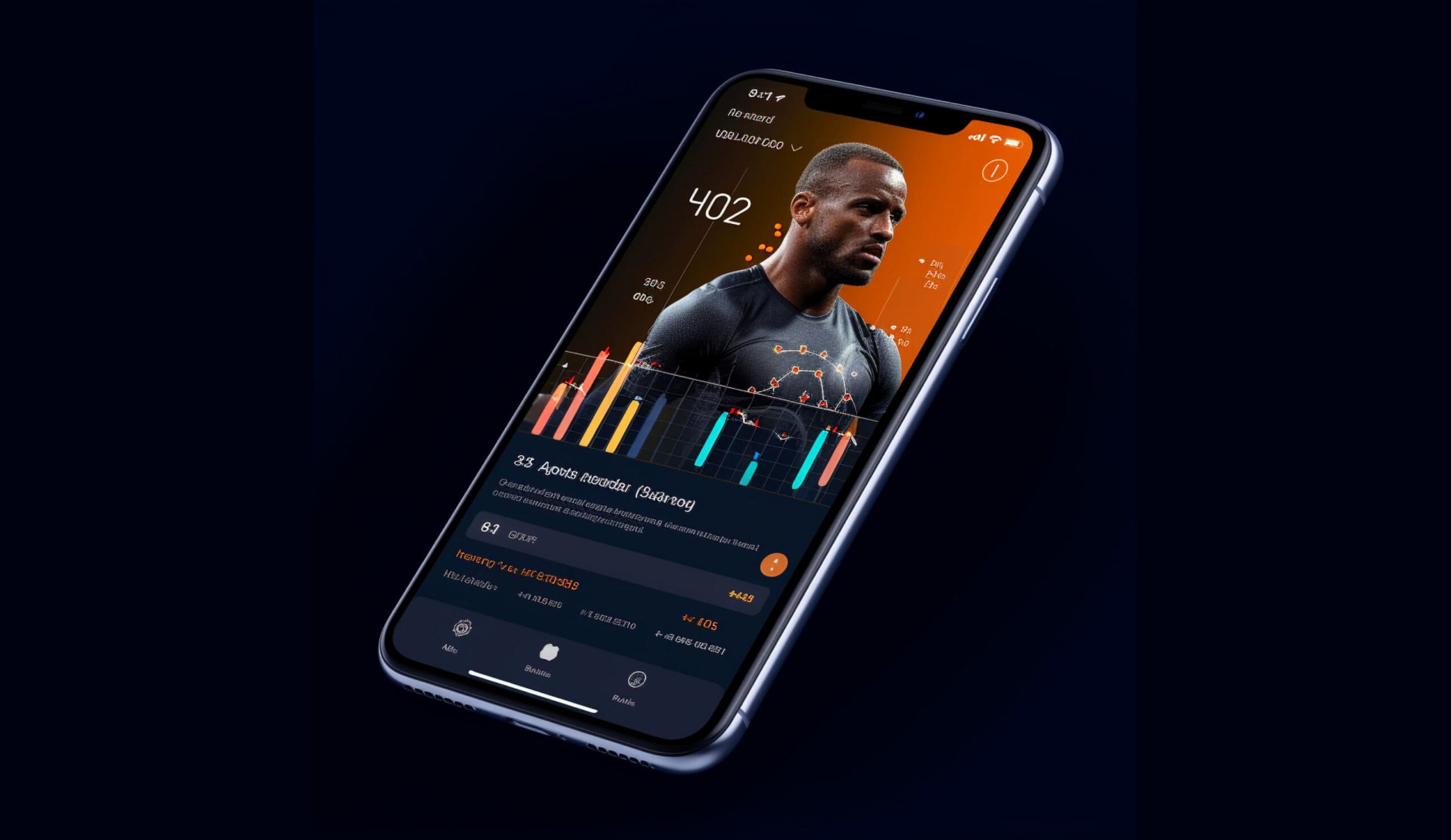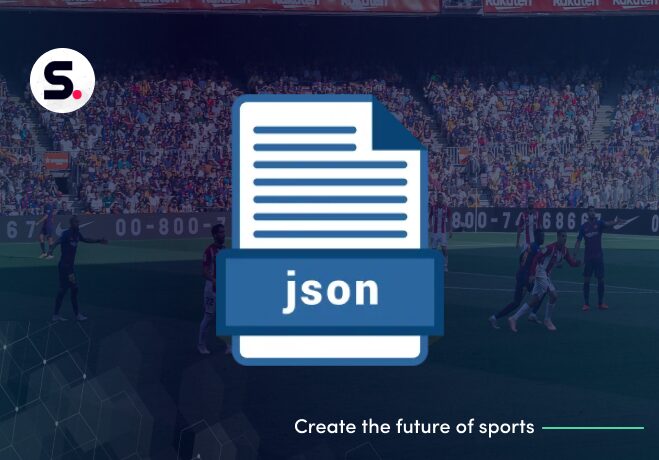
Contents
Why is a fantasy football API important?
Fantasy football games thrive on accurate, real-time data that keeps players informed and engaged. A Fantasy Football API is important for several reasons:
– Enhancing user engagement: Up-to-date stats ensure fantasy players can make informed decisions about their teams.
– Streamlining development: APIs save developers time by providing ready-made data streams instead of manually sourcing and updating information.
– Driving retention: Fantasy players expect accurate and timely updates on player performance, match outcomes, and league standings. A reliable Football API ensures that these expectations are met.
– Scalability: APIs support seamless scaling, enabling fantasy football platforms to handle increasing user bases without compromising on data quality.
Without a Fantasy Football API, developers would face significant challenges in creating immersive and data-rich gaming experiences.
How does a fantasy football API work?
A Fantasy Football API connects your application to a data provider’s server, fetching the required football data in real-time or as requested. Here’s how it typically works:
– Integration: Developers use API tokens to authenticate and connect to the provider’s database.
– Data collection: Specific endpoints allow access to various datasets, such as detailed player stats, league schedules, or live match events.
– Customisation: APIs offer flexibility to filter and retrieve only the data needed for the fantasy platform.
– Display: Retrieved data is displayed in-app for users to interact with, such as updating player fantasy points or football livescores.
For example, Sportmonks’ Fantasy Football API allows developers to access critical data like goals, cards, line-ups, passes, substitutions, and player ratings, which are essential for calculating fantasy points.
How is a fantasy football API applied in football?
Fantasy Football APIs power some of the most popular fantasy games, such as the Fantasy Premier League, by providing real-time and comprehensive football data. Here are key applications:
– Live updates: Player fantasy points are updated in real-time as matches unfold, reflecting goals, assists, clean sheets, and more.
– Injuries & suspension: APIs provide injury and suspension reports, helping fantasy players make informed decisions during team selection.
– Team management: Users can set up and manage fantasy teams, with APIs providing player availability and historical performance data.
– Custom scoring systems: APIs enable platforms to create unique scoring rules based on user preferences or game formats.
– Player drafts and transfers: APIs support fantasy drafts and player transfers by delivering the latest stats and performance metrics.
Fantasy platforms built using APIs enhance the gaming experience and increase fan engagement by bridging the gap between real-world football and virtual games.
Benefits of a fantasy football API
Some key benefits of using a Fantasy Football API include:
– Real-time data: Keeps fantasy games dynamic and up-to-date with live match data.
– Comprehensive coverage: Access data from leagues, teams, and players worldwide.
– Customisation: Tailor the API to meet specific game needs, from player fantasy points to user preferences.
– Seamless integration: Easily incorporate data into websites, mobile apps, or standalone platforms.
– Improved user experience: Provide players with accurate stats and intuitive features that keep them engaged.
Common challenges in using a fantasy football API
While fantasy football APIs are powerful tools, they come with challenges:
– Data overload: Managing and filtering large datasets can be complex without proper optimisation.
– Integration complexity: Developers must have the technical expertise to implement and manage APIs effectively.
– Latency issues: Delays in data updates can impact the gaming experience if the API is not optimised for speed.
– Cost management: Comprehensive APIs can have associated costs, particularly for high data volumes or advanced features.
Solutions like Sportmonks Football API provide detailed documentation and support, ensuring seamless integration and minimal issues.



